Publications
Articles, publications, books, tools and multimedia features from the U.S. Institute of Peace provide the latest news, analysis, research findings, practitioner guides and reports, all related to the conflict zones and issues that are at the center of the Institute’s work to prevent and reduce violent conflict.
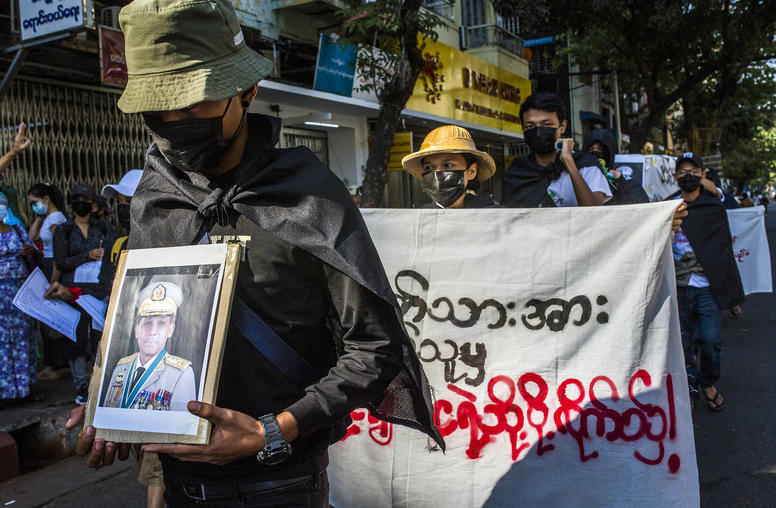
Is Myanmar’s Junta Turning a Corner?
Are conciliatory winds stirring among the leaders of Myanmar’s coup regime, or is the junta engaging in deception and distraction as it struggles on the battlefield against a broad range of resistance forces? The answer is almost certainly the latter. It would not be the first time the ruling generals have sought to stimulate international interest in promoting dialogue solely to enhance their legitimacy abroad.
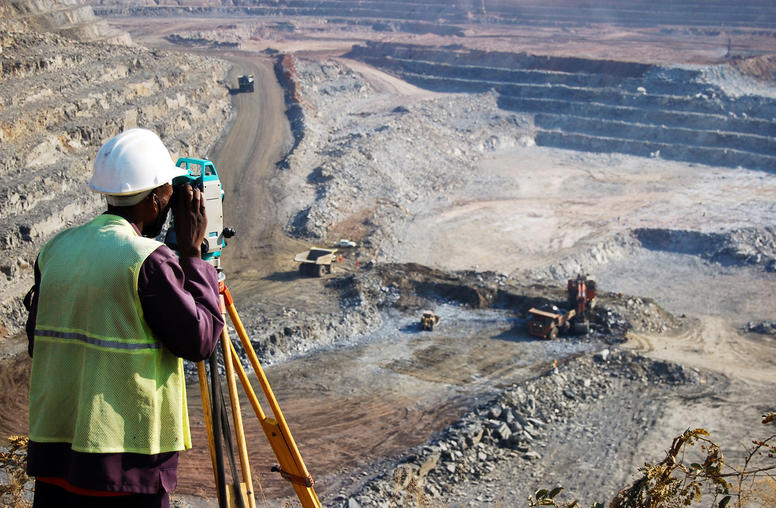
Critical Minerals in Africa: Strengthening Security, Supporting Development, and Reducing Conflict amid Geopolitical Competition
The United States Institute of Peace convened a senior study group to explore the role Africa plays in the United States’ efforts to diversify US critical mineral supply chains and how new investment in partnerships with African countries could help drive economic development and strengthen peace and security on the African continent. Based on meetings and interviews with relevant technical, operational, and policy experts, the study group developed multiple recommendations for the United States to support mutually beneficial public and private partnerships with African nations.
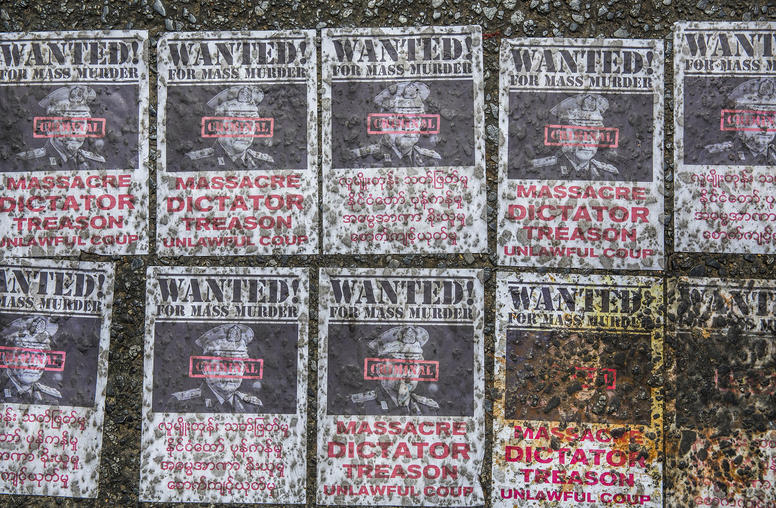
Myanmar’s Criminal Junta Will Do Anything to Consolidate Power
After months of fanfare about holding elections in August 2023, Myanmar’s junta chief, Gen. Min Aung Hlaing, suddenly changed course. On February 1, he extended the junta’s illegitimate rule by another six months acknowledging that the military does not control enough of the country to administer an election. This development represents a setback for those in the international community who had naively believed that sham elections would pave the way to a stable Myanmar.
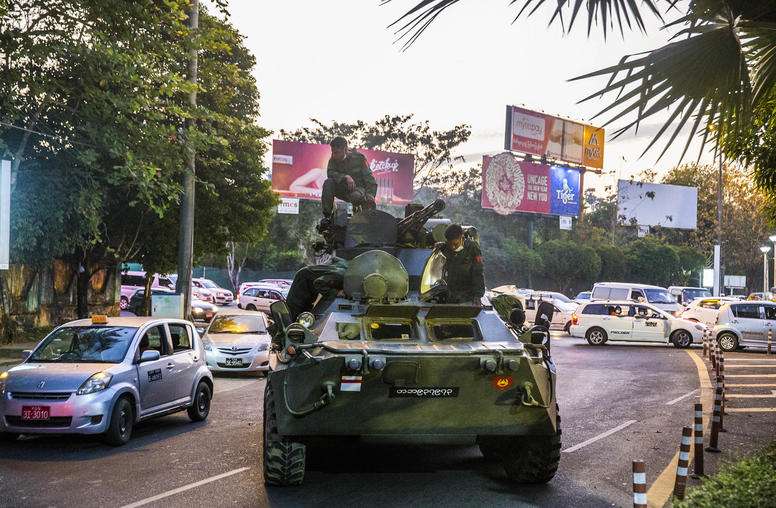
Myanmar’s Fateful Conscription Law
Earlier this month, Myanmar’s ruling junta enacted a compulsory conscription law that had been dormant since 2010. General Guan Maw, a leader of the Kachin Independence Organization, greeted the junta's decision by comparing it to the 2021 military coup: "If February 1, 2021, was the beginning of the end, the law enforced on February 10, 2024, can be said to mark the end of the end.” As popular reactions to the new conscription plan roll out across the country, General Guan Maw’s pronouncement becomes increasingly prescient.

The Growing Flashpoints Between the U.S. and Iran
Tension between Washington and Tehran has been a growing undercurrent of the war in Gaza, even as both countries tried to prevent it from sparking a direct confrontation during the first six months of fighting. Robin Wright, a joint fellow at USIP and the Wilson Center, explores the evolving flashpoints in the world’s most volatile region as well as the challenges for U.S. diplomacy, the new triggers for a wider regional conflagration and the historical backdrop.
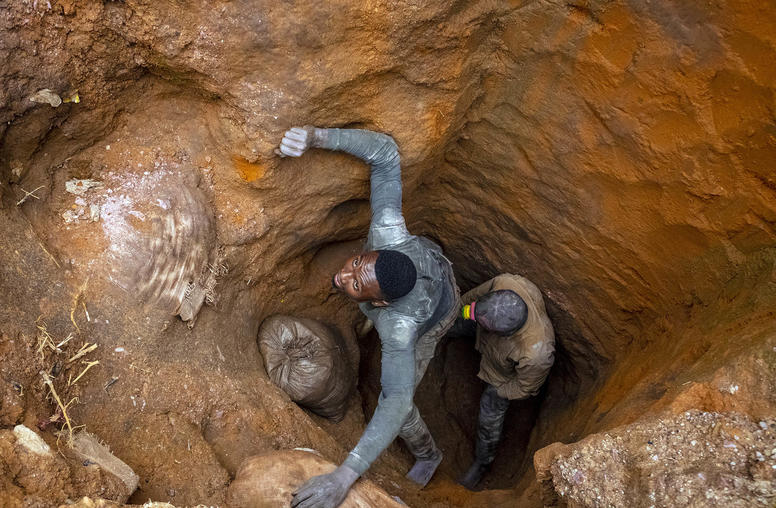
Why Africa’s Critical Minerals Are Key to U.S. National Security
A new USIP report emphasizes the importance of the United States government being engaged in the African critical minerals sector if it is to diminish its dependence on China and fortify its national security and foreign policy interests.

How ‘Traumatic Decarbonization’ Can Impact Political Stability and Peace
The process of decarbonization — that is, the replacement of fossil fuels with non-hydrocarbon-based forms of energy — is essential for the world to meet its climate goals. But in many fragile oil-producing states, hydrocarbon revenues are not just central to national economies. They also bind together the political system through elite revenue-sharing pacts. The rapid, unplanned decarbonization of these countries would spark political crisis, a process known as “traumatic decarbonization.”

Linking Early Warning and Early Response Networks to Curb Violence in West Africa
A conflict early warning and early response (EWER) ecosystem has been developing in West Africa as multilateral organizations, governments, civil society groups, and others have established systems that detect threats and provide critical information to relevant authorities. Yet individual EWER systems are prone to a range of failures—from gaps in data to decision-making bottlenecks to response coordination breakdowns. This report argues that linking individual systems—a network-of-networks approach—can improve outcomes for people across West Africa and serve as a model for other conflict-affected regions around the world.

Why Peace Games? Insights from East Asia
These days, Washington seems to be awash in war games, especially China-related ones. Yet, despite the dangers posed by a great power conflict, there are shockingly few peace games happening inside the Beltway outside the auspices of our home institution, the U.S. Institute of Peace.

A Small State Heavyweight? How Singapore Handles U.S.-China Rivalry
Alice Ba pertinently observes in her introductory essay to this series that Southeast Asia has become a key arena in the ongoing U.S.-China rivalry; regional countries are under growing pressure to choose between the two powers. For Singapore, this competition has provoked a debate on the extent of agency in the conduct of the city-state’s foreign policy. Two perspectives have emerged in this regard.